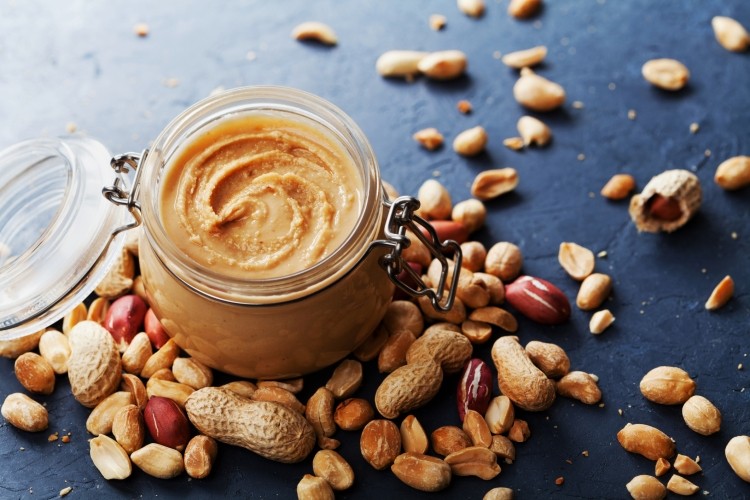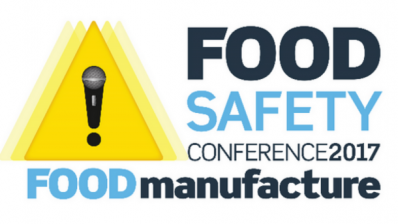Stress makes allergic reactions worse

“We know that stress [such as sleep deprivation] is an augmenting factor in fatal allergic reactions,” said Dr Shelley Dua, a consultant in allergy at Addenbrooke’s Hospital in Cambridge, speaking at last month’s conference in London on allergen thresholds, organised by the Anaphylaxis Campaign.
But the research had also shown that exercise increased the severity of attacks, she added. “Exercise has clearly had an effect and causes a reaction to be more severe.”
Dua presented the results in a talk titled: ‘The TRACE (Thresholds of Reactivity And Clinical Evaluation) peanut study – learning about thresholds to improve allergen labelling’. Allergen thresholds are the levels of an allergen present at which or below no allergic reaction is stimulated.
The TRACE study of 100 UK peanut-allergic adults aged between 18 and 45 was funded by the Food Standards Agency. “We are talking about people with significant allergic reaction,” said Dua.
Research showed a ‘clear trend’
Preliminary results of the research showed a “clear trend” on doses of allergens that caused increased severity of attacks when allergic sufferers were exposed to sleep deprivation and exercise, Dua reported.
“We have shown that extrinsic factors do have an effect, possibly by increasing the severity of a reaction or lowering the threshold dose,” she said. “Maybe exercise and sleep deprivation are having an effect by increasing the absorption of allergen in the gut.”
It was known that peanut allergy thresholds could vary among different people, Dua reported.
However, there had been uncertainty about the lowest levels of allergens at which allergic sufferers would react and, before the TRACE study, the exact relationship between allergen doses and severity for any given individual were not established. The results of the new research could help provide more clarity on this, she added.
‘Fatal allergic reactions’
“Threshold is variable,” said Dua. It can be related to a specific individual, such as those suffering from asthma, who “are more likely to suffer fatal allergic reactions”. Reaction severity is also made worse when people are suffering heart and lung problems, she said.
Furthermore, some medication – such as non-steroidal anti-inflammatory drugs, including ibuprofen – can also interfere with allergic reactions. An individual’s age and pollen-related symptoms can also contribute, she added.
But the new research has pointed to other factors such as sleep deprivation, exercise and alcohol intake, which can also increase the severity of attacks, she claimed.
The influence of this so-called “co-factor induced anaphylaxis” can be quite high – up to 16% for exercise and up to 15% for alcohol, reported Dua. Hormonal factors, such as menstruation, can also make attacks worse, she said.
















